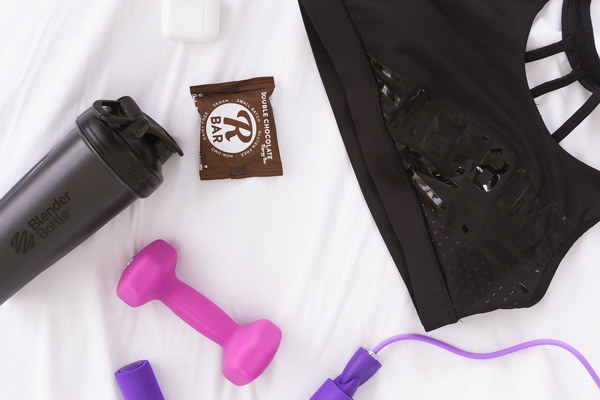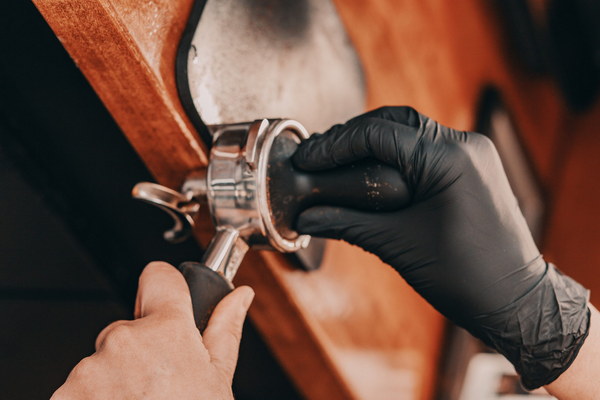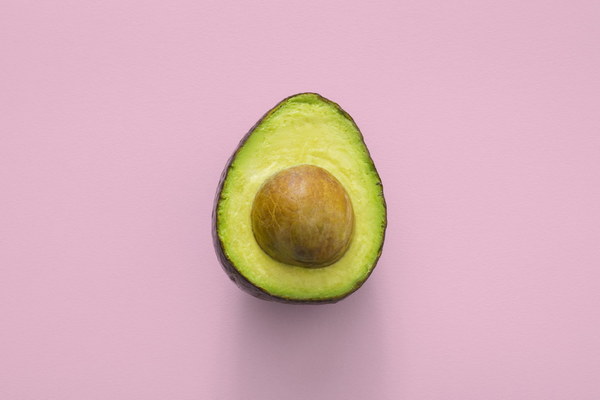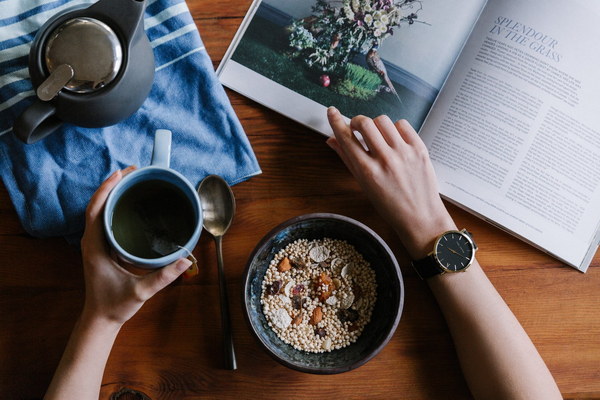Decaffeinated or Brewed Does Coffee Hydrate or Dehydrate You
Does Coffee Hydrate or Dehydrate You? The Surprising Truth About Caffeinated Beverages
Coffee, the beloved morning pick-me-up, has been a topic of debate for years when it comes to its effect on hydration. Some swear by its ability to boost energy and kickstart their day, while others believe it contributes to dehydration. But what is the truth? Does coffee actually hydrate you, or is it a diuretic that depletes your body of fluids? Let's dive into the science behind this popular beverage and separate fact from fiction.
The Diuretic Debate
The primary concern surrounding coffee and hydration is its diuretic properties. Diuretics are substances that increase urine production, which can lead to increased fluid loss. Caffeine, the active ingredient in coffee, is a well-known diuretic. However, the extent to which coffee affects hydration is not as straightforward as one might think.
Caffeine's Diuretic Effect
Research has shown that caffeine can increase urine output, but the effect is generally mild. A study published in the American Journal of Clinical Nutrition found that caffeine's diuretic effect is only significant at doses of 400 milligrams or more, which is about the amount in four cups of coffee. For most people, this amount is not reached with a typical coffee consumption.
The Hydration Factor
So, if coffee doesn't cause significant dehydration, does it actually hydrate you? The answer is a bit more complex. While coffee does not hydrate your body in the same way water does, it does contribute to your overall fluid intake. This means that if you drink coffee, you are still taking in fluids, which can help maintain hydration levels.
However, the diuretic effect of caffeine can offset some of the fluid intake, particularly if you consume coffee without adding any other hydrating substances like milk or water. This is why some experts recommend drinking coffee with milk or water to balance out the effects.
Caffeine Sensitivity

It's important to note that caffeine sensitivity varies from person to person. Some individuals may experience a stronger diuretic effect from caffeine than others. Those who are more sensitive to caffeine may need to be more mindful of their coffee consumption and ensure they are adequately hydrated throughout the day.
Coffee and Hydration: Practical Tips
Here are some practical tips to help you manage your coffee consumption and maintain hydration:
1. Limit Your Coffee Intake: If you're sensitive to caffeine or concerned about dehydration, limit your coffee consumption to one to two cups per day.
2. Hydrate Before and After: Drink plenty of water before and after your coffee to counteract any potential diuretic effects.
3. Add Hydrating Substances: Drink your coffee with milk or water to increase your fluid intake.
4. Listen to Your Body: Pay attention to your body's hydration signals and adjust your fluid intake accordingly.
Conclusion
In conclusion, while coffee is not a perfect hydrator, it doesn't necessarily dehydrate you either. Its diuretic effect is mild, and it does contribute to your overall fluid intake. By being mindful of your caffeine consumption and ensuring you are adequately hydrated throughout the day, you can enjoy your coffee without worrying about dehydration. So, go ahead and sip your morning brew, but don't forget to keep the water flowing too!









